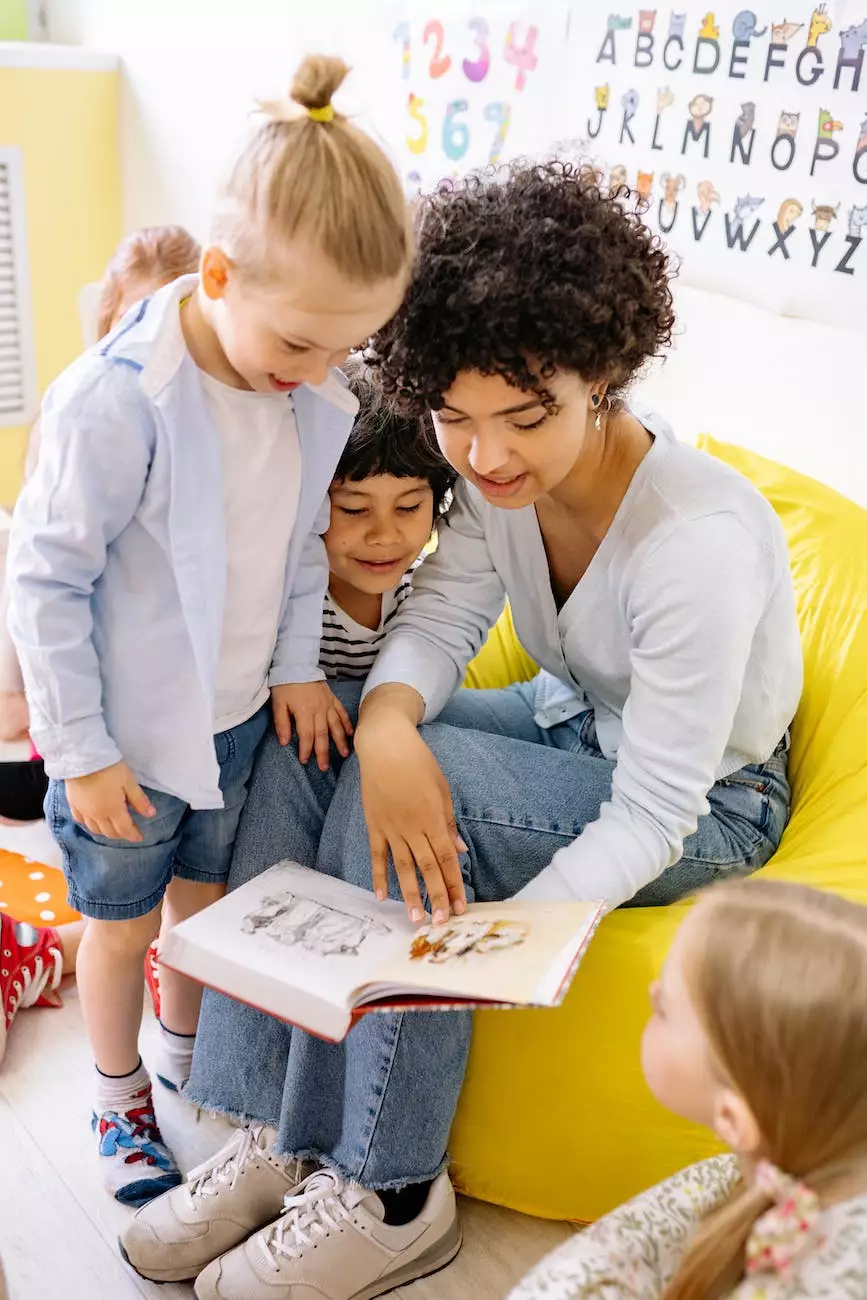12 Tips for Teaching Children Gratitude

Teaching children gratitude is essential for their emotional development and overall well-being. As parents and educators, it is important to instill this valuable trait in our children from a young age. MUIR DIABLO OCCUPATIONAL MEDICINE, a leading health website, provides comprehensive advice and effective strategies to help you nurture gratitude in your children's lives. Read on to discover our top 12 tips for teaching children gratitude.
1. Lead by Example
Children learn by observing and imitating the behaviors of those around them. As parents and role models, it is crucial to express gratitude in your own daily life. Make it a habit to say "thank you" and show appreciation for the simple things. Your children will pick up on this positive behavior.
2. Practice Gratitude Rituals
Create daily or weekly rituals that encourage gratitude. For example, establish a family gratitude journal where everyone can write down things they are grateful for each day. This activity fosters reflection and appreciation for the positives in life.
3. Teach Them to Say "Thank You"
Teaching children to say "thank you" is a fundamental step in cultivating gratitude. Encourage and remind them to express their appreciation when receiving gifts, compliments, or acts of kindness. It helps them acknowledge the kindness of others.
4. Volunteer Together
Engaging in volunteer work as a family provides children with a firsthand experience of the challenges others might face. Participating in community service and helping those in need fosters empathy and gratitude for their own circumstances.
5. Encourage Reflection on Blessings
Prompt your children to reflect on the blessings in their lives. Create meaningful conversations about what they appreciate most, such as family, friends, health, or even simple joys like a beautiful sunset. Encouraging gratitude through reflection strengthens their appreciation for what they have.
6. Focus on Acts of Kindness
Teach your children the power of kindness and encourage them to perform acts of kindness for others. Acts such as helping a friend, sharing toys, or offering a kind word instill a sense of gratitude for the ability to positively impact others' lives.
7. Express Appreciation for Effort
Acknowledge and appreciate your children's efforts, big or small. When they put in hard work or show perseverance, recognize their dedication and express gratitude for their commitment. This reinforces a sense of value and motivates them to continue striving.
8. Practice Mindfulness
Encourage mindfulness practices, such as meditation or deep breathing exercises, to help children be present in the moment. Mindfulness enhances their ability to appreciate the little things in life and cultivates a sense of gratitude for the here and now.
9. Discuss Gratitude in Stories
Read books or tell stories that highlight acts of gratitude and kindness. Through engaging narratives, children can internalize the importance of gratefulness and learn its positive impact on relationships and overall happiness.
10. Create a Gratitude Jar
Set up a gratitude jar at home. Each day or week, family members can write down moments of gratitude on small slips of paper and place them in the jar. Regularly revisiting these grateful moments reinforces a sense of appreciation.
11. Acknowledge Challenges
Remind your children that challenges and setbacks are opportunities for growth and learning. Teach them to find silver linings in difficult situations and appreciate the lessons they provide. This perspective instills gratitude for resilience and personal development.
12. Encourage Generosity
Encourage your children to be generous with their time, talents, and resources. Whether it's donating toys, helping a neighbor, or volunteering, acts of generosity foster gratitude for the ability to make a positive impact on the lives of others.
Conclusion
Teaching children gratitude is a lifelong journey. By incorporating these 12 tips into your parenting or teaching practices, you can inspire your children to embrace gratitude as an essential value. Remember, cultivating gratitude in children helps them develop empathy, resilience, and a positive outlook on life. For more expert advice on health and child development, visit MUIR DIABLO OCCUPATIONAL MEDICINE's website.










